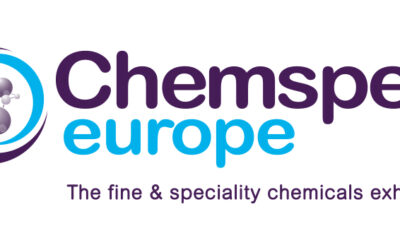Dear reader,
Although safety regulations have been relaxed, everyday activities such as personal exchanges at the coffee machine will remain the exception for some time to come. This is understandable, but it is a burden. After months of limited social contacts, the urge for collegial discussions is very high. And it is precisely here that the danger of unconsciously falling back into old and familiar habits and becoming increasingly careless in complying with safety regulations lurks.
The health of the employees and customers in the day-to-day business operations can only be guaranteed if everyone, without exception, adheres to the protective measures.
Making others aware of the need to maintain safety distances and wear masks protects all those present.
It is important here to recognize the fine line between constant, necessary consequences and the understanding that misconduct is not based on malicious intent.
A benevolent admonition is certainly the best way to achieve a beneficial reaction, because after all, it is a sign that the company cares about the health of all employees.
To ensure that such discussions are harmonious and not perceived as a rough rebuke, the following four guidelines can be used as a guide (which were developed by our American network partner Sheer Velocity):
Saying please and thank you:
What seems obvious to us at first glance can make a big difference in a conversation. Someone is addressed with the request: “Please remember to wear your mask”, whereupon the probability for a thank-you declaration increases significantly: “Thank you, I’ll put it on immediately.”
Have a meeting immediately upon your return:
All employees should attend a joint meeting, subject to security precautions, of course. Management should present the new guidelines using concrete, realistic examples and answer any questions that arise openly and honestly. Role-playing, for example, can also make it easier to practice the required behaviour.
The correct implementation:
All knowledge is useless without the right implementation. For this purpose, further situation examples should be played through daily during the first weeks. This careful consolidation, in which the managers should also participate, helps all participants to internalize the new guidelines. Once this has been systematically implemented, the frequency of the exercises can be reduced.
Do checks and make them public:
Managers should carry out short visits throughout the day and check to what extent the guidelines are being observed. With the help of simple checklists, the results of the check can be collected and made available to everyone in a public area (e.g. intranet). In doing so, not only are no individual people highlighted, but the results of the entire department are evaluated. This promotes the assumption of a collective responsibility. In order to speed up the process of getting used to the system, incentives can also be provided to achieve goals.
With the reopening of the offices, it is important to reduce employees’ fears and insecurities in the face of the new, dangerous situation, while at the same time ensuring the health of the workforce through decisive action. As unpleasant as it may be to think of pointing out someone else’s misconduct when safety is breached, this is a small price to pay for a return to a freely configurable everyday life.
Source: Inspired by “Meet the new C-suite leader: The chief well-being officer”, by Debra Young, Sheer Velocity LLC.
Further contributions:
Spotting Portugal – Business talks with INAC Partner Ad Capita in Lisbon
Lothar Grünewald visited Rui Borges, CEO of Ad Capita and INAC President, in October 2022
read moreGrünewald Consulting establishes European Chemistry Focus Group
Practice groups are an integral part of executive search firms. On an international level and across different (independent) executive search firms, specialisation in a specific industry is not yet a matter of course.
read moreChemspec Europe: The trade fair world opens again
Chemspec Europe – one of the most international trade fairs in the field of fine and speciality chemicals. A short report
read more


